The use of steroids for animal
Growth hormones are naturally occurring substances produced by the pituitary gland in animals, including humans. They play a crucial role in regulating growth, development, and metabolism. In recent years, the use of synthetic growth hormones has become a topic of controversy, particularly in livestock production. This essay aims to explore the reasons behind why animals may be injected with growth hormones and the implications associated with their use.
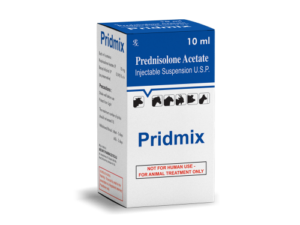
Enhanced Growth Rate and Efficiency
One of the primary reasons for administering growth hormones to animals, particularly in livestock farming, is to promote rapid growth and increased efficiency in meat and milk production. By injecting animals with synthetic growth hormones, farmers can accelerate the rate at which the animals gain weight and reach marketable size. This leads to higher productivity and reduced production costs, as animals can be slaughtered or produce milk in a shorter period, requiring less feed and resources.
Improved Feed Conversion
Growth hormones can enhance the animals’ ability to convert feed into lean muscle mass more efficiently. This phenomenon is known as “feed conversion efficiency.” With the use of growth hormones, animals can consume less feed while still achieving comparable weight gain and muscle development, thereby contributing to more sustainable and cost-effective livestock production.
Reduced Environmental Impact
By promoting faster growth and improving feed efficiency, the use of growth hormones in animals can potentially reduce the environmental impact of livestock farming. Since animals require less feed and produce fewer greenhouse gas emissions per unit of meat or milk produced, it may lead to a reduced carbon footprint associated with livestock agriculture.
Economic Benefits for Farmers
The adoption of growth hormone use can lead to significant economic benefits for farmers. Increased productivity and efficiency translate into higher profits, allowing farmers to stay competitive in the market and maintain their livelihoods.
Research and Scientific Studies
Beyond agricultural applications, growth hormones are also used in research and scientific studies. Studying the effects of these hormones can provide valuable insights into growth regulation, hormone function, and their potential therapeutic uses for both animals and humans.
Implications and Concerns for animal steroids
Animal Welfare
One of the most significant concerns associated with the use of growth hormones in animals is related to animal welfare. Critics argue that accelerated growth may cause health issues for animals, such as joint problems, lameness, and reduced mobility. Furthermore, there are concerns about the stress and discomfort animals may experience due to hormone injections.
Antibiotic Resistance
In some cases, the use of growth hormones may be linked to increased antibiotic use in livestock farming. Antibiotics are often administered prophylactically to prevent or treat infections that can arise due to the stress and health issues caused by accelerated growth. This practice raises concerns about antibiotic resistance, which poses a significant public health threat.
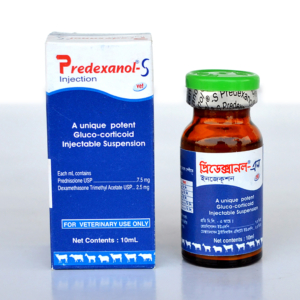
Environmental Concerns
While the use of growth hormones may lead to reduced environmental impact in terms of greenhouse gas emissions per unit of product, there are other environmental concerns. Runoff from farms where hormones are used can potentially contaminate water sources, affecting aquatic ecosystems and human health.
Consumer Health and Safety
Another concern involves the potential transfer of hormones from animals to consumers through meat or dairy consumption. Although regulatory bodies have set limits on hormone residues in food products, questions remain about the long-term effects of continuous exposure to low levels of synthetic hormones.

The use of growth hormones in animals remains a complex and controversial issue. While it offers benefits in terms of increased productivity, reduced environmental impact, and economic advantages for farmers, it also raises concerns about animal welfare, antibiotic resistance, environmental pollution, and consumer health. Striking a balance between agricultural efficiency and responsible, sustainable practices is crucial to ensure the well-being of animals, humans, and the environment. Further research and ongoing monitoring of the effects of growth hormone use are necessary to make informed decisions about its application in animal production.
Order Process

Payment

Logistics and Transportation


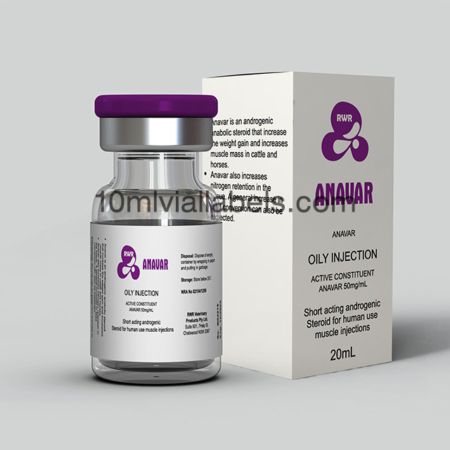

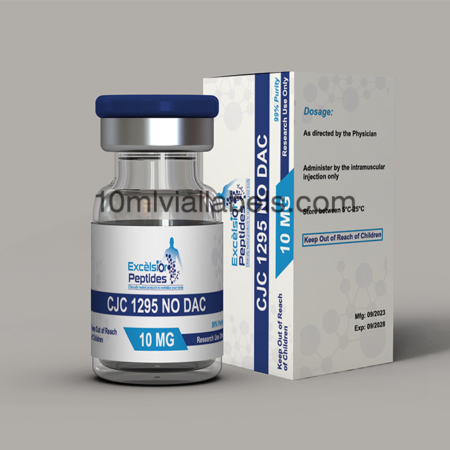
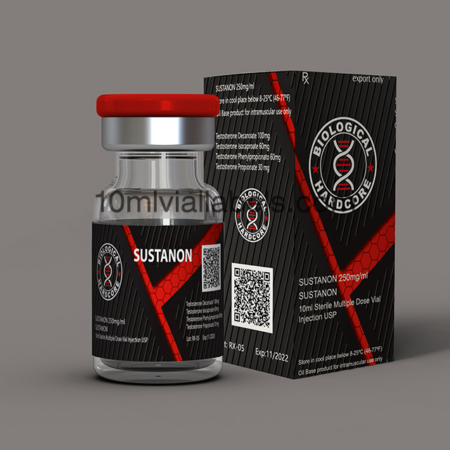
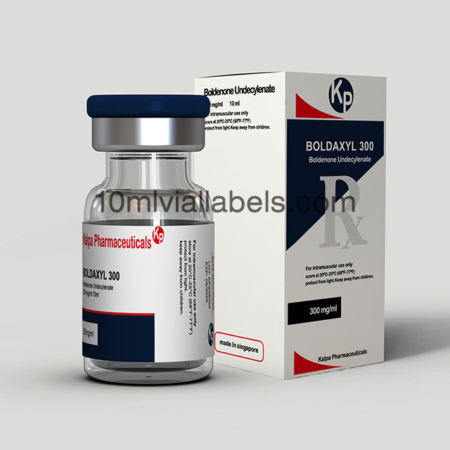
Reviews
There are no reviews yet.